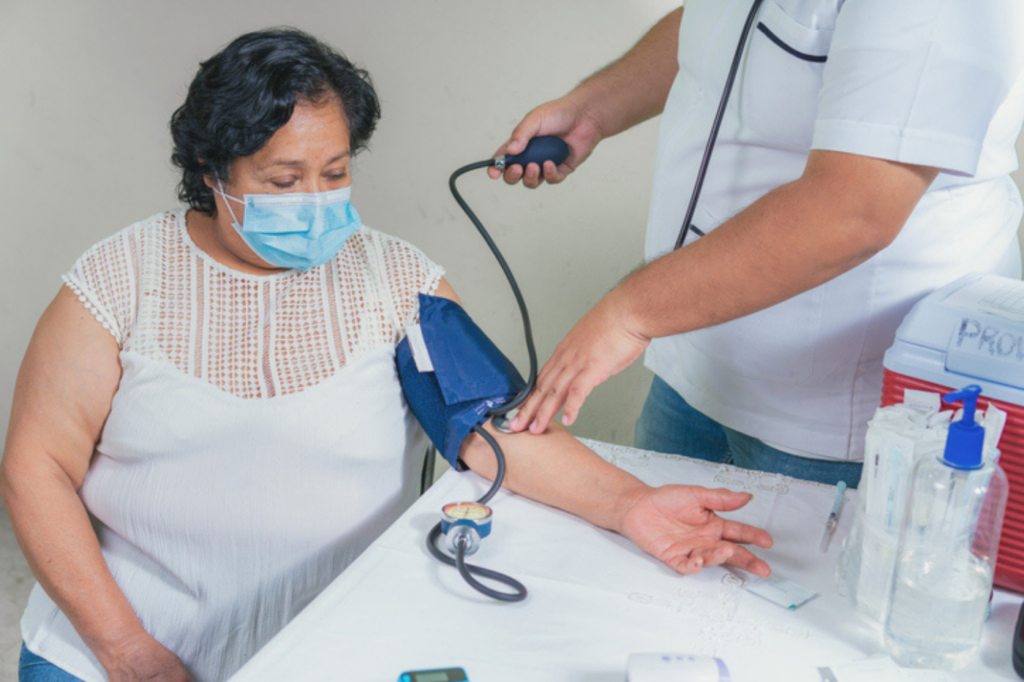The UCLA Latino Policy & Politics Institute’s Director of Faculty Research Arturo Vargas Bustamante, who is also a professor of health policy and management at the UCLA Fielding School of Public Health, recently published a research letter in the Journal of the American Medical Association (JAMA). The research letter showed higher probabilities of Latinos being uninsured, having to seek out emergency care or delaying care due to increased costs after eliminating the Affordable Care Act’s (ACA) individual mandate.
“Latino communities have long suffered from inequities in the American healthcare system,” said Arturo Vargas Bustamante. “The elimination of the individual mandate coupled with the chilling effects of the Trump administration’s public charge policies hampered the progress Latino communities were making in closing the uninsured gap. We need to continue bolstering the health care safety net to address cost concerns and provide community-based services that are easy for Latinos to access.”
The cross-sectional study of National Health Interview Survey (NHIS) data from 2011-2019 focused on data from the 2019 NHIS study to determine the effect that the elimination of the individual mandate that year had on coverage and access to care. Latinos saw a five percent increase in the probability of being uninsured, more than double the probability for Black and White populations in 2019. Latinos were also far more likely to delay care due to cost.
Both Black and Latino populations saw an increase in emergency department visits in 2019. While the likelihood of having a usual source of care increased during this time, there were still clear inequities between Latino populations and non-Latino Black and White populations.
###
About UCLA Latino Policy and Politics Institute
The UCLA Latino Policy and Politics Institute addresses the most critical domestic policy challenges facing Latinos and other communities of color through research, advocacy, mobilization, and leadership development to expand genuine opportunity for all Americans.

